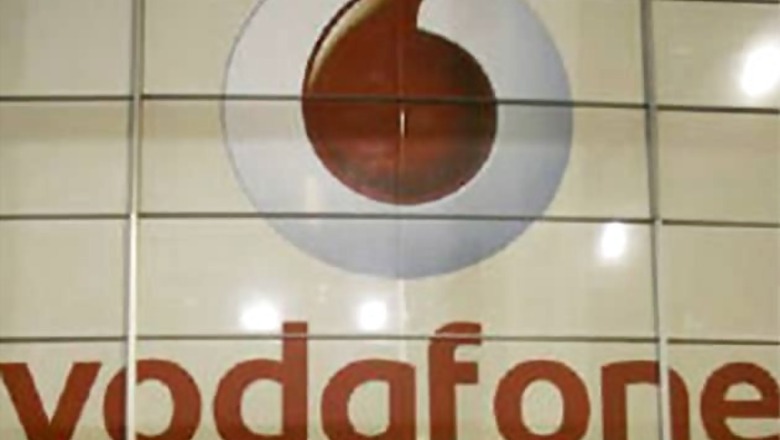
views
London: Vodafone Group Plc said it paid no corporation tax in Britain for the year to March 2013, prompting fresh criticism from campaigners who have made the UK mobile telephone group a target in the debate on corporate tax payments. Revelations of profit shifting by big companies have provoked anger among austerity-weary citizens across Europe and political leaders have pledged to act.
Vodafone's annual report published on Friday said the absence of a UK income tax bill for the second year running reflected tough operating conditions at its British operations. Reported profits at Vodafone's main UK unit have collapsed in the past decade, even as sales rose sharply. The company said the cost of buying its third generation (3G) phone licence and falling profit margins weighed on UK earnings, although both factors were also observed at its German unit, which has continued to report big profits and tax bills.
UK press including British investigative magazine Private Eye have noted strong profits at Vodafone's subsidiaries in Luxembourg, where it has few customers or employees but where companies can enjoy tax rates below 1 per cent.
Vodafone Procurement Co Sarl, which buys equipment for the group, reported profits of 215 million euros for the year to March 2012 and paid no income tax, according to accounts for the period, the most recent for which figures are available.
Vodafone Luxembourg 5 Co Sarl, which lends money to other group units, reported profits of $2.43 billion for the year to March 2012 and reported a tax bill of less than 1 per cent, its accounts show.
A Vodafone spokesman said the company did not shift profits out of the UK and that its Luxembourg operations had no impact on its UK tax bill. He said the low Luxembourg tax bill was tied to the fact the units there can offset income against writedowns in the value of assets held by these companies.
Vodafone said it also paid hundreds of millions of pounds in other taxes in Britain, such as payroll taxes and value added tax (VAT), a European form of sales tax. The company added on its website: "Companies have legal obligations to pay tax, but those obligations do not extend to paying more than the amount legally required. Companies also have a legal obligation to act in the interests of their shareholders".
The company has been under scrutiny since a 2010 deal under which it paid the UK tax authority, Her Majesty's Revenue and Customs (HMRC), 1.25 billion pounds to settle a back-tax claim, for which it took a 2.2 billion pounds provision in its accounts. Some lawmakers criticised that deal as pointing to a too-cosy relationship between big business and HMRC. A subsequent review by a government watchdog said the deal was "reasonable" but criticised processes at HMRC.
Tax campaigner Richard Murphy of Tax Research UK said Vodafone's explanation for its lack of a UK tax bill did not stack up. "Vodafone would like us to believe that because they pay their property taxes, VAT and staff's national insurance, that they don't have to pay tax on their income," he said. "That's not the way it works for the rest of us and it's not the way it should work for Vodafone either."
















Comments
0 comment